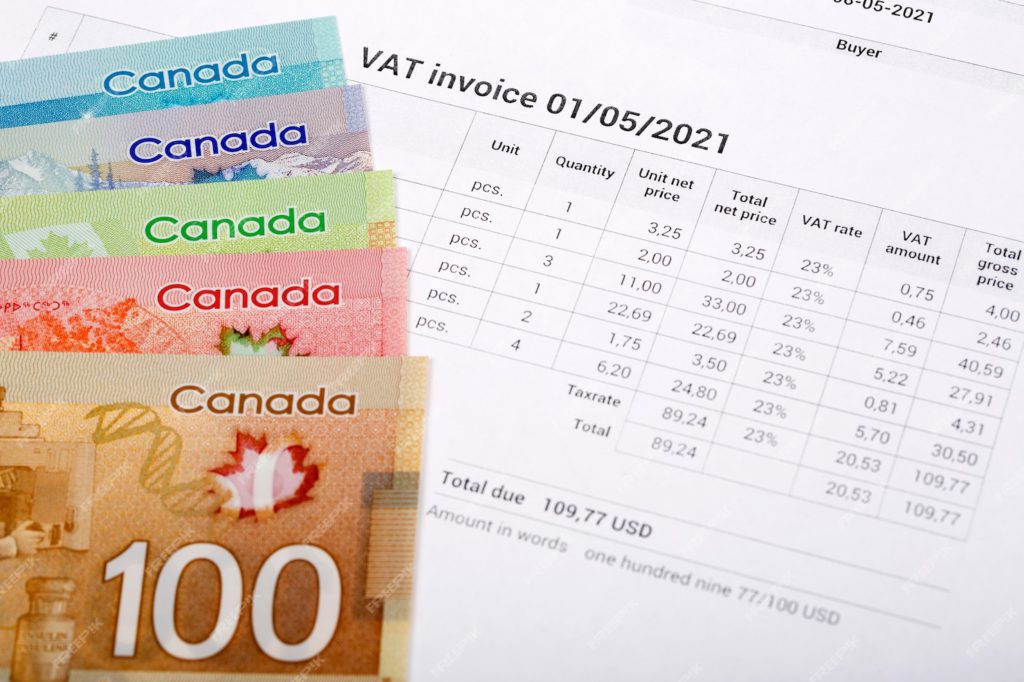Unreported Offshore Assets: Understanding Your Obligations as a Canadian Resident
Introduction: Reporting Offshore Assets as a Canadian Taxpayer
Canada’s Income Tax Act requires Canadian residents to report all worldwide income on their tax returns, including offshore or foreign pension income. Two primary concerns arise for taxpayers with offshore assets:
- Determining Tax Residency: Was I a Canadian resident during the period I earned offshore income?
- Addressing Non-Compliance: What should I do if I have not reported my offshore income?
This guide provides clarity on reporting offshore assets, resolving non-compliance through the Voluntary Disclosure Program (VDP), and understanding the implications of Canadian residency for tax purposes. Canadian accountants specializing in offshore income and tax compliance can help navigate these issues effectively.
Reporting Offshore Income: Key Considerations
All foreign offshore pension income must generally be reported by Canadian residents, regardless of whether it is taxable in the country of origin or taxes have been paid in that jurisdiction. If foreign tax is paid, a foreign tax credit is typically available to avoid double taxation.
However, this credit may not always eliminate Canadian tax liability, depending on:
- The income tax rates in the country of origin.
- Whether Canada has a tax treaty with that country addressing double taxation.
In some cases, Canadian taxpayers may still face significant tax liabilities under Canada’s tax laws despite claiming foreign tax credits.
Voluntary Disclosures Program (VDP): A Solution for Non-Compliance
The Canada Revenue Agency’s (CRA) Voluntary Disclosures Program allows taxpayers to rectify incomplete or inaccurate tax filings, including unreported offshore pension income.
Through the VDP, taxpayers can:
- File unfiled returns (e.g., T1, T2, T3, or T1135).
- Avoid penalties and criminal prosecution.
- Potentially obtain relief from interest charges.
Conditions for a Valid Disclosure:
- The disclosure must be voluntary (submitted before CRA initiates any compliance action).
- A penalty must apply to the situation being disclosed.
- The information must be at least one year overdue.
- The disclosure must be complete.
The initial VDP submission can be done anonymously, offering further protection for taxpayers seeking to comply.
Determining Canadian Tax Residency
Canadian residents are required to report worldwide income, including offshore income. Determining tax residency depends on various factors, including:
- Significant Residential Ties:
- Ownership of a home in Canada.
- A spouse or dependents residing in Canada.
- Secondary Residential Ties:
- Club memberships.
- Canadian driver’s license or health card.
- Physical Presence in Canada:
Individuals who spend 183 days or more in Canada in a calendar year are deemed residents for tax purposes.
Consideration of Ties to Other Countries:
Tax treaties may influence whether an individual is deemed a resident or non-resident of Canada, impacting tax obligations.
CRA’s Offshore Tax Informant Program (OTIP)
The CRA has introduced the Offshore Tax Informant Program (OTIP), which allows individuals to report cases of offshore tax non-compliance. This whistleblower program provides financial rewards for information leading to the recovery of unpaid taxes, signaling the CRA’s intensified efforts to address unreported offshore income.
Pro Tax Tips for Managing Offshore Assets
- Maintain Complete Records: Proper documentation of income, tax filings, and foreign assets ensures compliance and mitigates penalties during audits.
- Leverage the Voluntary Disclosures Program: If you have unreported offshore income or assets, use the VDP to avoid penalties and potential criminal prosecution.
- Confirm Your Residency Status: Consult a professional accountant to determine your residency status and its tax implications.
- Understand Foreign Tax Credits: Explore whether tax credits can offset your Canadian tax liability for taxes paid abroad.
Conclusion
Navigating the complexities of reporting offshore assets and complying with Canadian tax laws can be challenging, particularly for those with unreported income or uncertain residency status. Taking proactive steps to comply through programs like the VDP ensures that taxpayers avoid penalties, reduce interest charges, and gain peace of mind.
By consulting experienced accountants specializing in offshore taxation, you can address past non-compliance and confidently meet your future tax obligations.
This article is written for educational purposes.
Should you have any inquiries, please do not hesitate to contact us at (905) 836-8755, via email at [email protected], or by visiting our website at www.taxpartners.ca.
Tax Partners has been operational since 1981 and is recognized as one of the leading tax and accounting firms in North America. Contact us today for a FREE initial consultation appointment.
#NewmarketAccountant #KeswickAccountant #AuroraAccountant #AuroraTax #NewmarketTax #CRAAudit #CRATax #CPA #MahadMohamed #CPAAudit #CPATax #CharteredAccountant #Moody #KPMGTax #TaxHelp #CanadaTax #CRA #USTax #TaxpayerRelief #TaxForgiveness #Mahad #GoodAccountant #BestAccountant #TaxAccountant #RichmondHillAccountant #BarrieAccountant #BarrieTax #MarkhamTax #MarkhamAccountant


